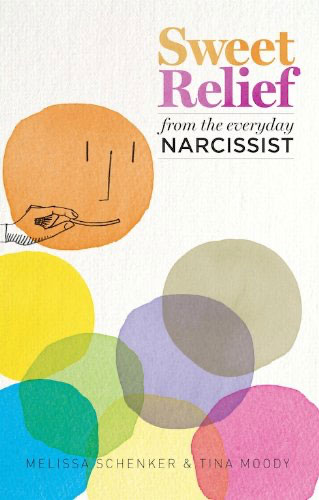Can You Think and Feel at the Same Time?
Thirty minutes flew by last week when I was being interviewed by my friend and colleague, Donna Parker. She’s an acupuncturist and health coach with a radio show—way cool. I hope you’ll listen in as we discuss thinking and feeling at the same time, ways we recreate upsets from the past and simple solutions to insure optimal results from your long-term medications. The link to the show is below and while you’re there, check out some of Donna’s other conversations, too.
Here are a few notes on the topics we covered.
Follow your thoughts for a minute. Watch what’s going on in your mind. Next, follow your feelings. Listen to what your feelings are telling you. Now, try holding what you’re thinking and what you’re feeling together at the same time. Can you? Are you able to honor both your thinking and your feeling at the same time? Can you stay aware of both simultaneously?
While thinking and feeling at the same time might be easier said than done, it can be done. And the more you’re able to live with both your thoughts and your feelings, the more you are laying the groundwork for taking good care of yourself.
So why is this—thinking and feeling at the same time—so important? What we think strongly affects how we feel. And thinking without noticing feelings means we’re only getting a partial picture of what’s going on with us right now, in the moment.
Thinking without being aware of feelings results in a focus weighted heavily toward the external. That external focus is reinforced early on—parents, teachers, leaders, and coaches expect us to pay attention to them, and we depend on them for our well-being. We are rewarded for thinking of others; it’s called courteous. I often find spouses can predict their partner more accurately than these spouses know themselves. This is especially true of people who are coupled with a narcissist.
But when we are so externally focused, tending to the thoughts and feelings of others, our own emotional experiences often get missed, overlooked, or dismissed. When we ignore our feelings long enough, pain comes as a signal to us that we are neglecting ourselves.
Sometimes it’s our body that carries the pain. The body has long been as a metaphor for the unconscious. Bladder infection? Check to see who you’re “pissed off” at. Pain in your neck? Who is holding that honor at the moment? Sore throat? Are you speaking your truth?
Notice where your mind goes and how it connects to your feelings. Stay aware of how your body feels—keeping tabs on both thoughts and feelings ensures a fuller experience of living. It takes practice, but this balance provides the groundwork for taking good care of yourself…something that always benefits those around you. Now that’s courteous.
Here’s the link the radio broadcast: http://www.healthylife.net/RadioShow/archiveDTD.htm
To Your Best Life,
Tina



